Nova Scotia-born and Toronto-based artist Rachel Bobbitt has announced The Ceiling Could Collapse, her brand-new 6-track EP and debut for Fantasy Records. The EP, which Bobbitt co-produced with Justice Der and was mixed by GRAMMY-nominee Jorge Elbrecht, will be released on July 15th. To mark the occasion she has also released a new single. Following the previously released opening track “More,” which NPR Music’s Bob Boilen called “striking” and “poignant,” is the exquisite “Gemini Ties,” a vivid, inquisitive look at the deep experiences Bobbitt shares with her twin brother. “My brother and I have that inseparable connection, and it manifests in me wanting to shelter him from every bad thing, even though he’s more than capable of doing that himself,” she says.
Rachel Bobbitt’s new EP, The Ceiling Could Collapse, was a long time coming. She made a name for herself on Vine as a teenager, uploading covers of pop hits and all-time classics to the now-defunct social media site. As her profile rose, Bobbitt found herself overwhelmed rather than inspired. “It was exciting to be doing what I loved, but it was difficult to be observed by that many people at that age where I simultaneously wanted to just shut myself in,” she says. “I’m grateful it ended when it did, because it gave me time to step back and think about what I wanted to create for myself.” She soon found herself at a jazz program, before leaving it during the pandemic to focus on her own music, which is when The Ceiling Could Collapse began to take form.
The Ceiling Could Collapse centers on the cycles of life and how we find meaning in extremes: pain, joy, wonder, love. In addition to music, Bobbitt draws those same feelings from horror films—and actually pulled the title to this EP while reading the script to 2018’s Hereditary. A horror fan as inspired by the genre’s cavernous emotions as its artful mechanisms, Bobbitt was so enamored by Ari Aster’s film that she needed to dig into its architecture. She focused on a deleted scene, in which one-character attempts to comfort another in a time of trauma by reminding them that the world is chaotic, that questioning why bad things happen is pointless in a world where the roof could just fall on you at any moment. “We need to accept that we can’t have our minds fixated on all these things that could happen, and we need to move on—but also the ceiling could just collapse,” she laughs. More than unpredictability, it’s the endless repetition of life that suggests both things are true, that there’s no reason to worry and something terrible is about to happen. The ceiling collapse may be inescapable, but once it’s gone, there’s just more room for the sunrise to peek through.
Photo Courtesy: Paige Paton


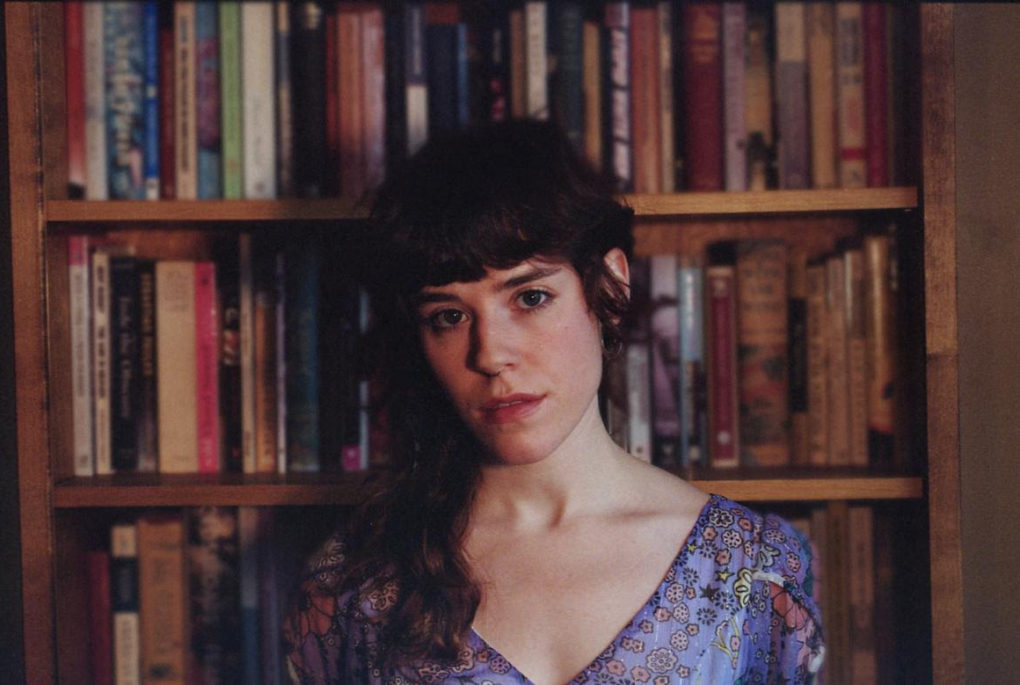
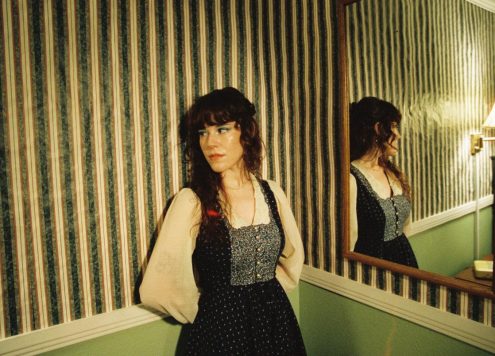
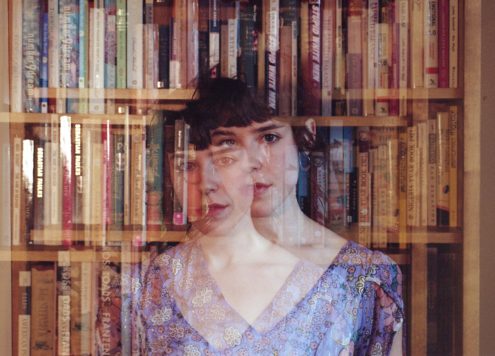
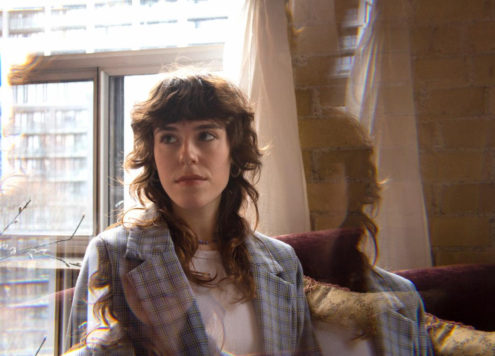

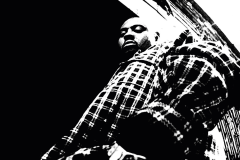




Social Media